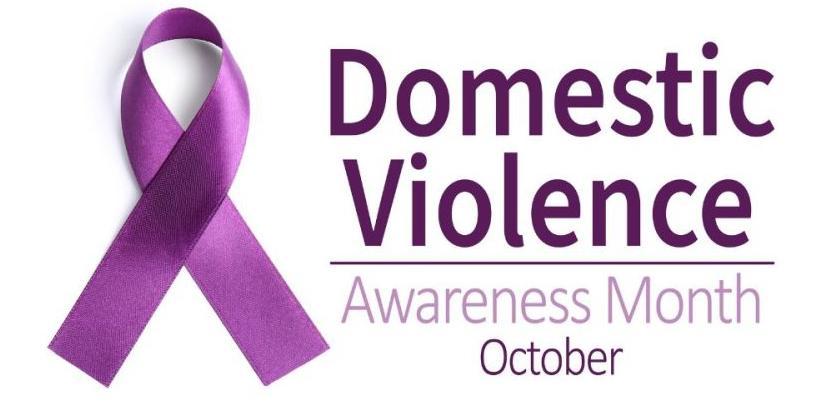Domestic abuse affects millions of individuals every year, cutting across all demographics and backgrounds. While physical violence is the most visible form of abuse, domestic violence can take many shapes, including emotional, psychological, and financial abuse. Recognizing the signs is critical in helping survivors escape these dangerous situations, and providing support is key to ensuring their safety and well-being.
Signs of Domestic Abuse: Abuse is not always obvious. While physical injuries may be visible, many victims suffer in silence from less noticeable forms of control and manipulation. Here are some common signs of domestic abuse:
Physical Abuse: Bruises, cuts, broken bones, or other unexplained injuries. Victims may try to hide injuries or offer inconsistent explanations.
Emotional and Psychological Abuse: Constant belittling, humiliation, or name-calling. The abuser may control every aspect of the victim’s life, including who they see, where they go, and how they spend money.
Isolation: The abuser isolates the victim from friends, family, or colleagues, cutting off their support systems.
Financial Control: The abuser may withhold money, refuse access to financial resources, or make all financial decisions, leaving the victim unable to leave the situation due to lack of funds.
Threats and Intimidation: The abuser may use threats of harm, blackmail, or even threats of suicide to manipulate the victim into compliance.
Fear of the Partner: Victims often exhibit anxiety or fear around their partner, avoiding eye contact or becoming overly cautious in their partner's presence.
Changes in Behavior: Signs of depression, anxiety, withdrawal from social activities, or frequent absences from work or social events may indicate abuse.
How to Help: If you suspect someone is a victim of domestic abuse, offering support can make a crucial difference. Here’s how to help:
Listen Without Judgment: Let them talk openly about their experience. Avoid placing blame or making them feel responsible for the abuse.
Offer Support and Resources: Provide them with information about local shelters, hotlines, or counseling services. The National Domestic Violence Hotline (1-800-799-7233) and the Iowa Domestic Violence Hotline (1-800-770-1650) offer confidential support.
Be Patient: Leaving an abusive relationship can be difficult and dangerous. Understand that it might take time for someone to make the decision to leave, and their safety must be the priority.
Encourage a Safety Plan: Help them create a safety plan, which could include identifying a safe place to go, setting aside emergency funds, or establishing a secret code to signal when they need help.
Avoid Confronting the Abuser: Confronting the abuser can increase the danger to the victim. Focus on supporting the person in need, not intervening directly with the abuser.
Respect Their Decisions: Ultimately, it is the victim’s decision whether to stay or leave. Offer support without pressuring them.
Resources Available: There are numerous local and national resources available to help those experiencing domestic violence. Here are a few key ones:
- National Domestic Violence Hotline: 1-800-799-SAFE (7233) or text "START" to 88788 for 24/7 confidential support.
- Iowa Domestic Violence Hotline: 1-800-770-1650 (available 24/7)
- Iowa Coalition Against Domestic Violence (ICADV): Offers resources, legal advocacy, and information for survivors.
- Local Shelters and Counseling Centers: Organizations like Waypoint Services, Riverview Center, and Friends of the Family provide safe shelter, advocacy, and support for those impacted by abuse.
Domestic violence is a community issue, and we all play a role in supporting survivors. By learning the signs of abuse and understanding how to help, we can break the cycle of violence and help those in need reclaim their lives. If you or someone you know is in immediate danger, don’t hesitate to call 911 for urgent assistance.
For more information or assistance, visit the Iowa Coalition Against Domestic Violence (ICADV) or reach out to local resources in your area. Together, we can make a difference.

Comments
Submit a CommentPlease refresh the page to leave Comment.
Still seeing this message? Press Ctrl + F5 to do a "Hard Refresh".